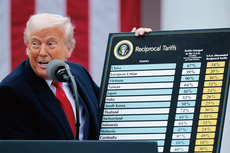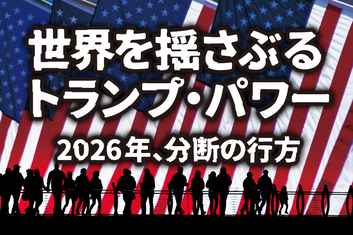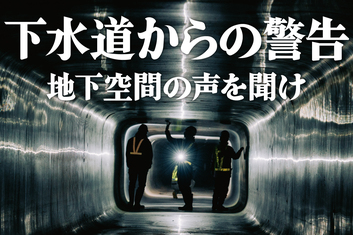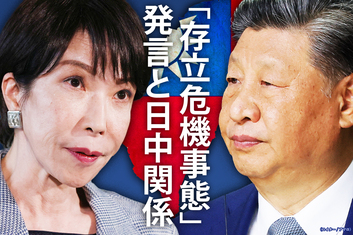In April 2012, UK Prime Minister David Cameron visited Tokyo to meet with his Japanese counterpart, Yoshihiko Noda. This was the first bilateral meeting at this level since Shinzo Abe visited the UK in January 2007, and the first such visit to Tokyo by a UK prime minister since Tony Blair in July 2003.
The joint statement issued this April showed a warm relationship, with shared values and positions across a range of global issues, belying the relative infrequency of bilateral visits.
The UK and Japan are investing again in a mutually beneficial relationship. Indeed, the trend in recent years has been for both countries to act in similar ways on the international stage – it has often been noted that the two countries vote in the same way more often in the UN General Assembly than either do with the US, for instance – and the joint communiqué builds on these common interests and values.
UK-Japan Joint Statement highlighted defence co-operation
When compared with 2007, the 2012 joint statement is more substantial and shows substantial progress towards a deeper bilateral relationship. From a broad commitment in 2007 to work together in international security, climate change, international development, and science, the 2012 statement has identified a range of common agendas, under the general titles of ‘building global economic and social prosperity’ and ‘promoting global peace and security’.
Particularly noticeable in this latter section is a series of specific commitments for co-operation in security and defence, building on an existing partnership in international peacekeeping and identifying potential for defence industrial co-operation.
The two governments followed up quickly on the commitments in the joint statement and a Defence Cooperation Memorandum was signed on 3 June 2012 by both Defence Ministers, who undertook to create agreements enabling both collaboration in equipment development and protection of classified information on a government to government basis.
While the UK and Japan have worked together in security before (the Anglo/Japanese Alliance of 1902 – 1922 followed thirty years of close naval cooperation) since 1952 Japan has understandably placed full emphasis on maintaining its constitutional commitments to peaceful economic development and has limited its formal security arrangements to its Mutual Security Treaty with the US. During the Cold War, this arrangement worked well, with US forward deployed forces in the region contributing to stability, and Japan’s focus on homeland defence.

















